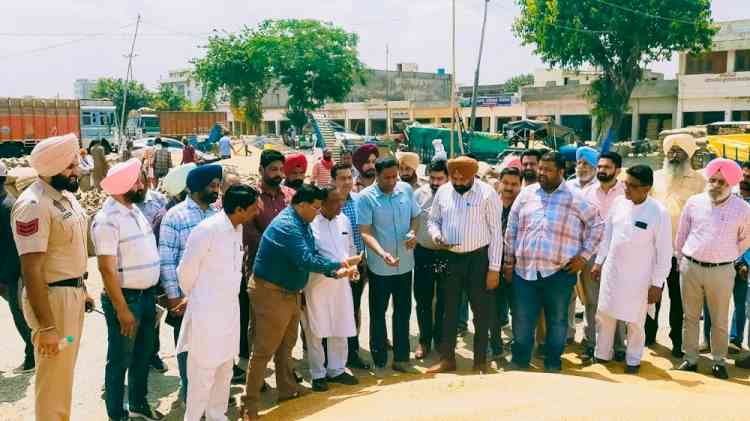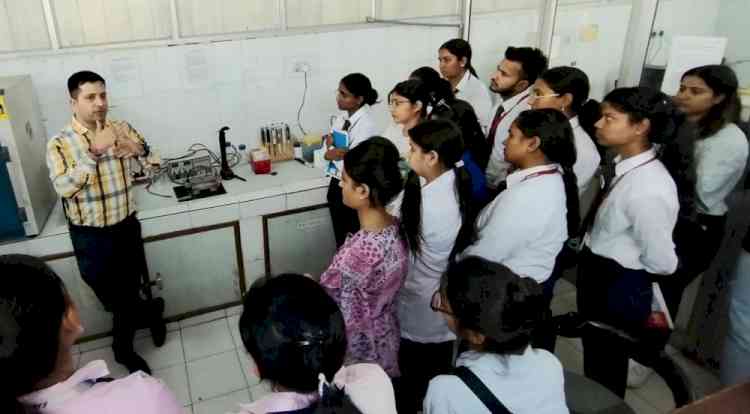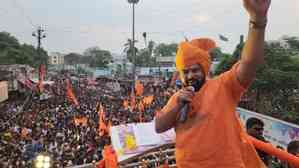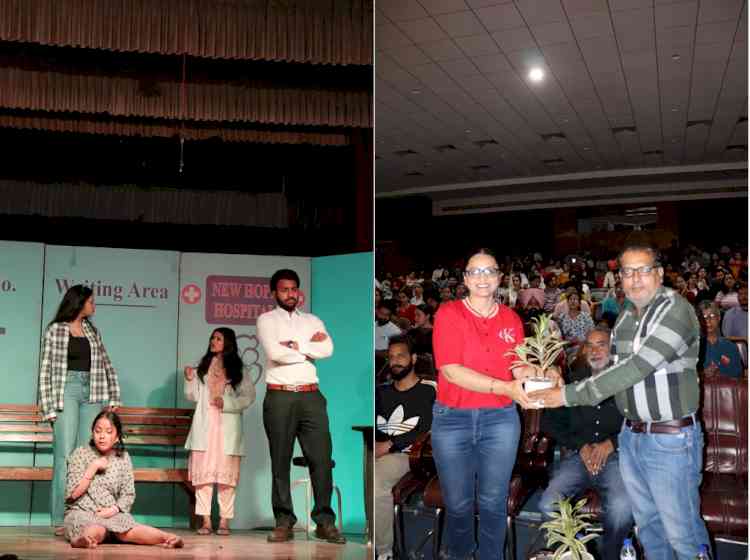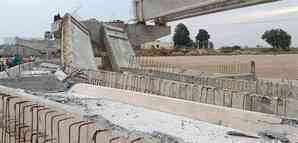TRAINING COURSE ON 'SOIL, AIR AND WATER POLLUTION AND MITIGATION STRATEGIES' KICK STARTS AT PAU
Author(s): City Air NewsLudhiana, November 2, 2016: The 30th National level training course on “Soil, air and water pollution and mitigation strategies” organized by Centre of Advanced Faculty training (CAFT), Department of Soil Science,...

Ludhiana, November 2, 2016: The 30th National level training course on “Soil, air and water pollution and mitigation strategies” organized by Centre of Advanced Faculty training (CAFT), Department of Soil Science, PAU and sponsored by ICAR was inaugurated today by Dr H.S. Dhaliwal, Dean College of Agriculture, the Chief Guest of the day.
In his inaugural address, Dr Dhaliwal highlighted the issue of soil, air and water pollution and stated that large quantities of fertilizers and pesticides used during last four decades have posed a serious threat to the agricultural ecosystem. He also discussed how enrichment of soil with pollutants and their absorption by plants beyond permissible limits, has resulted in contamination of the food chain through soil-plant-animal-human continuum. In this backdrop, training on different causes and aspects of soil, air and water pollution and discussing their mitigation strategies for environmental benefits alongwith sustaining crop yields, assumes great significance.
Earlier, Dr. M.S. Hadda, Head of the Department of Soil Science welcomed the chief guest. He shared that on the basis of achievements and distinguished faculty, Department of Soil Science was awarded ICAR sponsored CAS in 1994. Since 1995, the department has organized 29 CAS /CAFT trainings and trained more than 500 scientists so far.
Dr O.P. Choudhary, Chief-coordinator, CAFT informed that 25 participants from different ICAR Institutes and State Agricultural Universities of the country are attending this training course.
The 3 weeks training programme will cover topics ranging from Environmental issues associated with intensive agriculture, Influence of industrial effluents and city waste waters on heavy metal pollution and crop nutrition, Ameliorative techniques for mitigating heavy metal toxicity due to use of sewage, Urban solid waste and industrial effluents, Carbon sequestration: Key to mitigate CO2 concentrations & sustain soil quality, Salinity pollution, Nitrate pollution due to fertilizers, Pesticides loading in soil and water etc.

 cityairnews
cityairnews 






